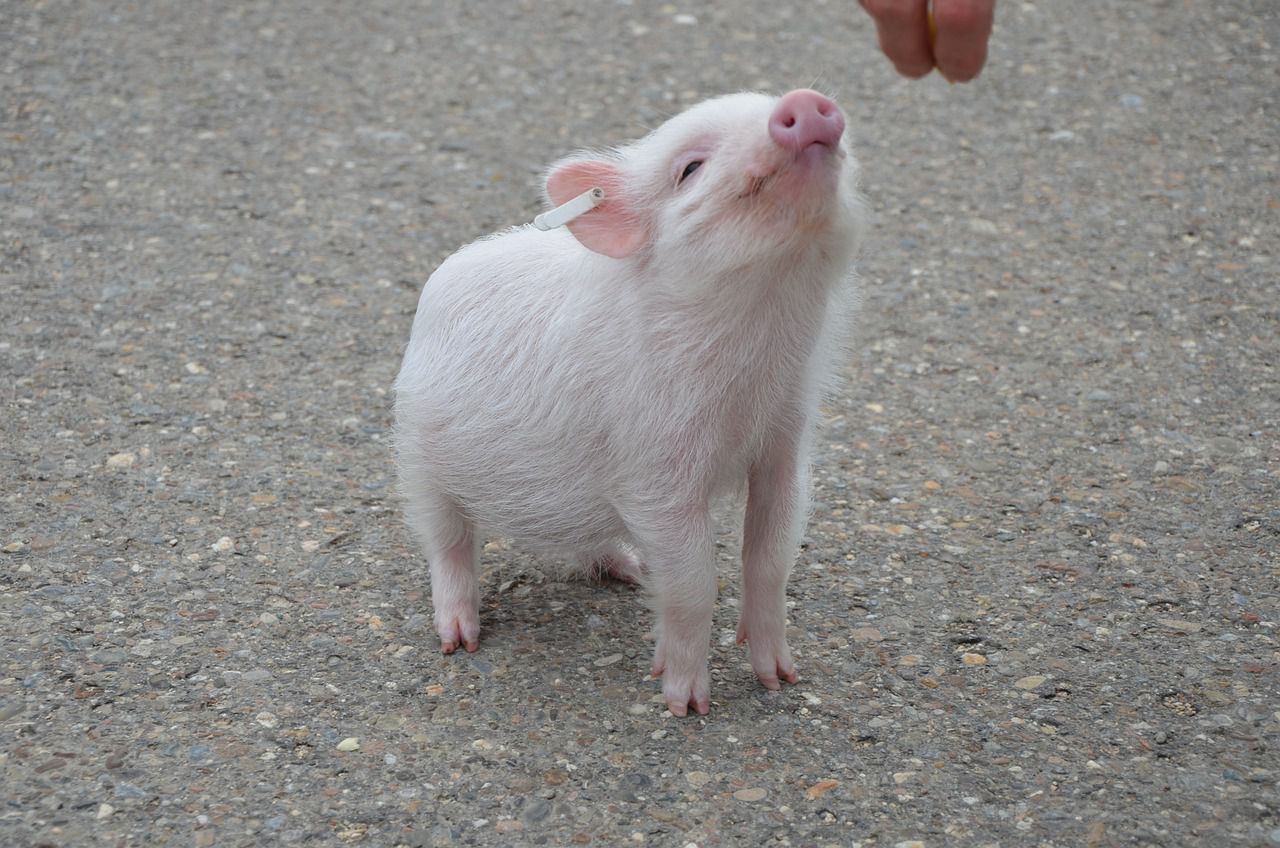Contrary to popular belief, pigs can actually be very clean animals when given the proper environment and care.
The misconception that pigs are dirty likely arises from their natural behavior and habitat, as well as their portrayal in certain contexts.
Here's why pigs can be surprisingly clean.
Natural Instincts
Pigs have a natural inclination to keep their living spaces clean.
In the wild, they designate separate areas for eating, sleeping, and relieving themselves.

This behavior extends to domesticated pigs when they are given appropriate space and resources.
Mud Bathing
Pigs are known for wallowing in mud, but this behavior serves a purpose.
Mud helps them regulate their body temperature, protect their skin from the sun, and fend off parasites.
It also provides a form of natural sunscreen.
Contrary to the idea of filth, the mud actually contributes to their cleanliness by serving as a protective barrier.
Intelligence and Curiosity
Pigs are highly intelligent and curious animals.
They often explore their surroundings, including water sources, to stay clean.
If given access to clean water, pigs will regularly drink and even bathe in it to keep themselves clean.
Social Hierarchy
In a well-structured group, pigs establish a social hierarchy.
Higher-ranking pigs tend to maintain cleanliness by avoiding contact with waste and by-products.
This hierarchy helps prevent contamination and encourages cleaner behavior within the group.
Hygiene in Proper Conditions
Proper housing and care play a significant role in pigs' cleanliness.
In well-managed farms or environments, pigs are provided with clean bedding, ample space to move, and regular access to clean water.
These factors contribute to their overall hygiene.









